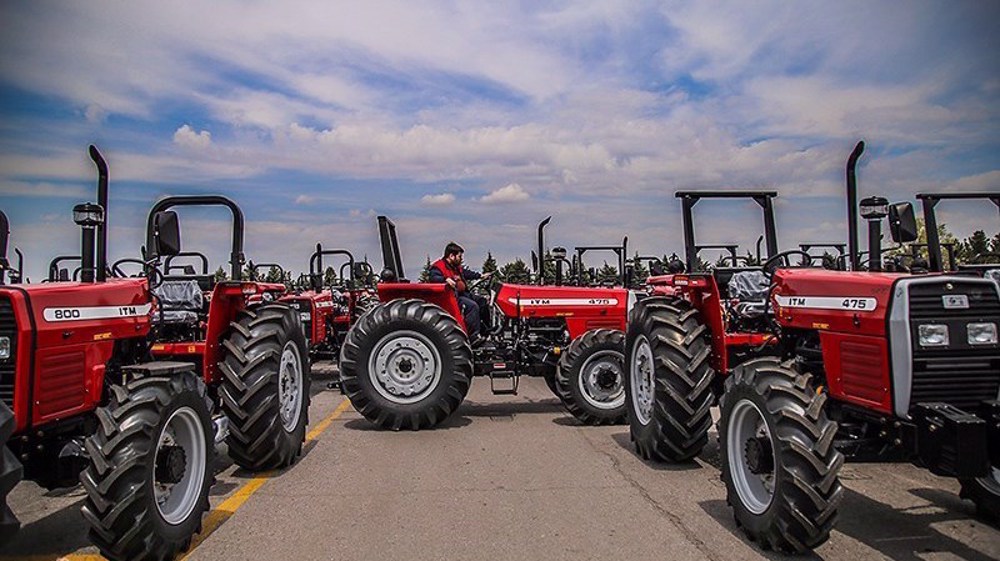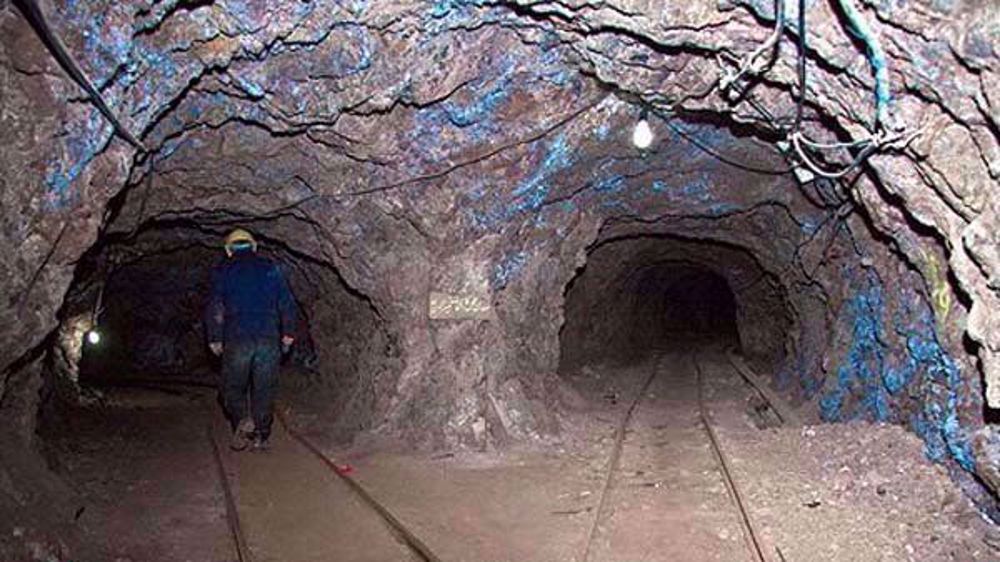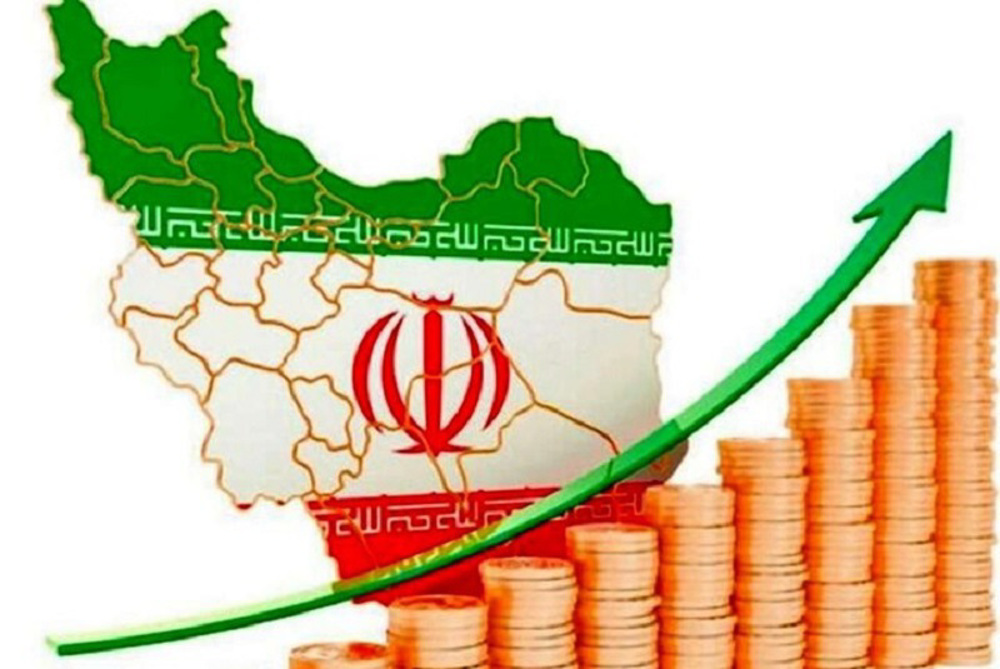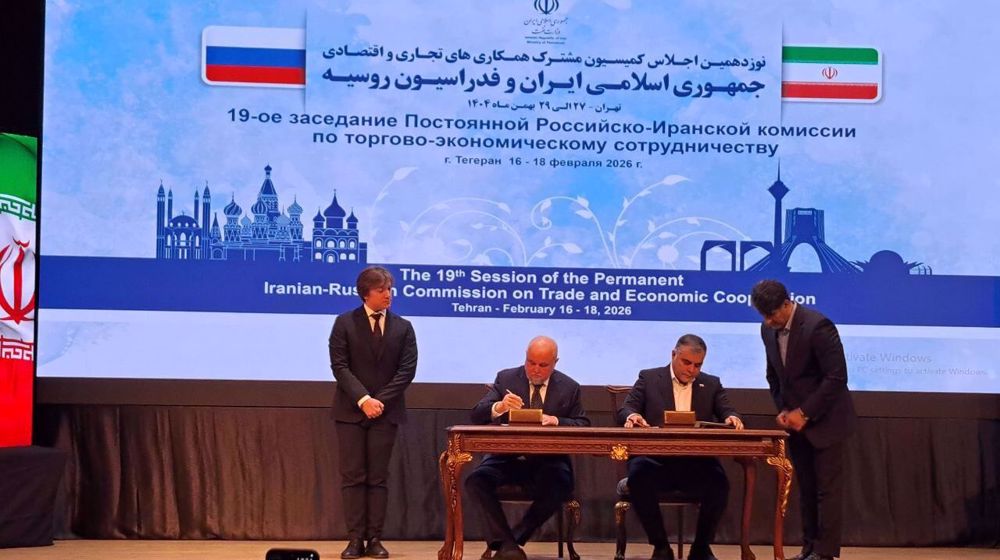Iranian tractors crush US sanctions, plow European farms
When the US Treasury imposed sanctions on Iran Tractor Manufacturing Company (ITMC) in October 2018, the largest tractor manufacturer in the Middle East and North Africa pledged to respond to the measure by ramping up exports.
“This has been achieved now,” ITMC Managing Director Abolfath Ebrahimi said in an interview with Fars news agency, explaining that 1,800 tractors worth 5,000 billion rials ($118 million) were exported in the nine months of the year which ends on March 21.
ITMC predates the 1979 Islamic Revolution, having been established in the northwest city of Tabriz in 1968 to assemble Romanian and British tractors.
The winds of change that swept through Iran with the revolution were followed by dark clouds as the West tried to stamp out the nascent Islamic Republic with anything from wars to rolling sanctions.
The embargoes left Iran’s industrial sector facing a tough terrain for survival and ITMC was no exception.
Parts were hard to come by, forcing the tractor manufacturer to start tinkering with anything it could produce. By 2009, ITMC was able to manufacture 40 percent of the parts used in some tractors, while most key components such as engines were sourced from Germany, Italy, Turkey and China.
90% local input
Then came the big change when ITMC began localizing production of crucial parts including engines, inventing and manufacturing new tractors and completing its production basket according to the needs of the country, Ebrahimi said.
“More than 90 percent of the parts are now produced in Iran Tractor Manufacturing Company. The 10 percent imports are related to the production of large tires and injectors, which do not have any factory in the country, and it is not commercial for ITCM to establish one,” he said.

The company will wrap up the Iranian year next month with 22,000 tractors produced, up from 18,500 a year ago. For the new year, the plan is to raise production to 25,000 units.
The A to Z of manufacturing is done at ITMC which has one of the largest cast iron foundries in Iran and the region. Iran Tractor Foundry Company (ITFC), a subsidiary of ITMC, also produces some of the key cast parts for major automakers Iran Khodro and Saipa. According to Ebrahimi, ITFC exports $10 million a year in cast products to European countries.
In fact, ITMC is the third biggest automotive company in Iran after Iran Khodro and Saipa. Apart from producing 16 types of tractors, it also builds engines for various machines, including graders, compressors, water pumps, generators, forklifts, combine harvesters and road construction vehicles.
Having also tried its hand recently in producing a mini truck which did not meet with the hoped-for success, it now plans to roll out a modern 12-tonne light-duty truck with the help of a Chinese manufacturer, Ebrahimi said.
Strategic importance
The company has gone through a series of renovations in recent years, buying more modern machinery and setting up new production lines.
These new lines have led to the creation of an R&D center where experts with high degrees from some of the prestigious universities head workshops and engineering centers.
“The experts, for example, repaired a German-made furnace at the plant instead of importing a new one and the furnace is currently operational,” he said.
Ebrahimi says the whole achievement is owed to Iran’s “resistance economy”, a concept originally declared by Leader of the Islamic Revolution Ayatollah Seyyed Ali Khamenei to circumvent sanctions by relying on domestic capacities and improving production.
The official touched on the “strategic significance” of the company and its responsibility to ensure a major part of the country’s food security.
ITMC has 12 subsidiaries which contract out many tasks to 800 domestic parts manufacturers, Ebrahimi said.

200,000 people employed
Tabriz remains an important industrial center for Iran. It is a major heavy industries hub for automobiles, machine tools, refineries, petrochemicals, textiles and cement production.
That is why “no parts are supplied from abroad, because everything needed has been indigenized by domestic companies”, Ebrahimi said.
The cooperation between ITMC and parts manufactures "has generated a lot of employment, given the vastness of tractor manufacturing, where about 200,000 people are either directly or indirectly employed in parts manufacturing, tractor production and agriculture.”
The path, however, has not been without bumps and pitfalls. The windfall oil revenue which Iran earned when crude prices soared in 2008 opened the floodgates of imports into the country, including all types of Chinese and Indian tractors.
Ebrahimi says his company kept serene, continuing with its self-sufficiency drive to produce parts and design new models of tractors.
“This is while if we had stopped work and ridden with the waves of the distraction, we would have now been faced with problems for supplying 18,000 tractors a year and this would have led to other problems such as the shortage of agricultural products and high import costs among other things.”

Foreign customers
A record devaluation of the rial means no one is prepared to import tractors anymore. The Iranian government, on the other hand, provides tractors to farmers at concessionary prices.
This has given rise to smuggling of Iranian tractors to neighboring Afghanistan and Iraq and even some European countries because the government-set prices for Iran are a quarter of the export prices.
Some neighboring countries even buy Iranian tractors and put their brands on them and then sell them to European and Arab countries, Ebrahimi said.
ITMC tractors are currently assembled in Venezuela and Tajikistan. Ebrahimi said the quality of Iranian tractors is definitely higher than Chinese and Indian products.
The Netherlands, which is an agricultural powerhouse and a major tractor manufacturer, has commended "Made in Iran" tractors both in terms of quality and competitive prices, he said.
“If it were not for the sanctions, we would definitely now have an assembly plant in Europe, but unfortunately, wherever we export tractors, they are stopped through the sanctions.”
VIDEO | Press TV's news headlines
VIDEO | Iran will not 'capitulate' since it has military surprises for US
China overtakes US as Germany’s top trading partner
VIDEO | Displaced Gazans struggle to find clean water amid Ramadan
VIDEO | Pakistan strikes militant camps along Afghan border after suicide bombings
Iran FM: Chance still exists for win-win solution to nuclear issue
Denmark rejects Trump's plan to send US hospital ship to Greenland
US Secret Service kills man trying to enter Trump’s Mar-a-Lago estate










 This makes it easy to access the Press TV website
This makes it easy to access the Press TV website